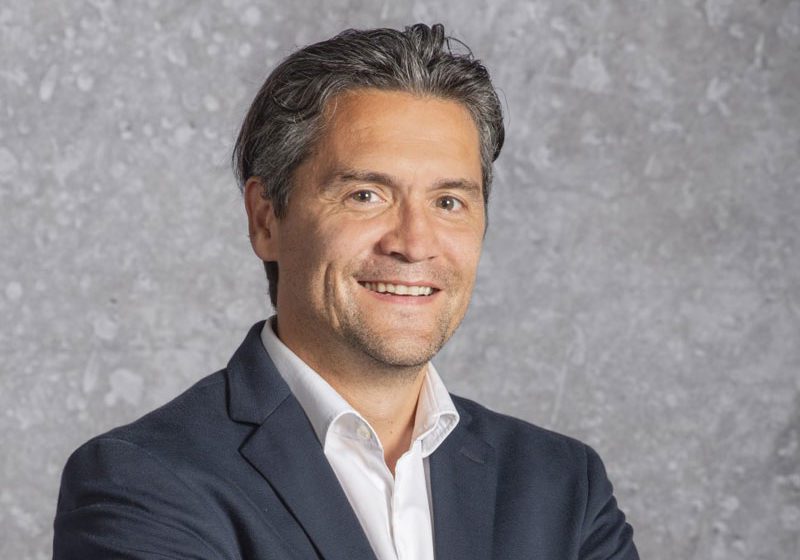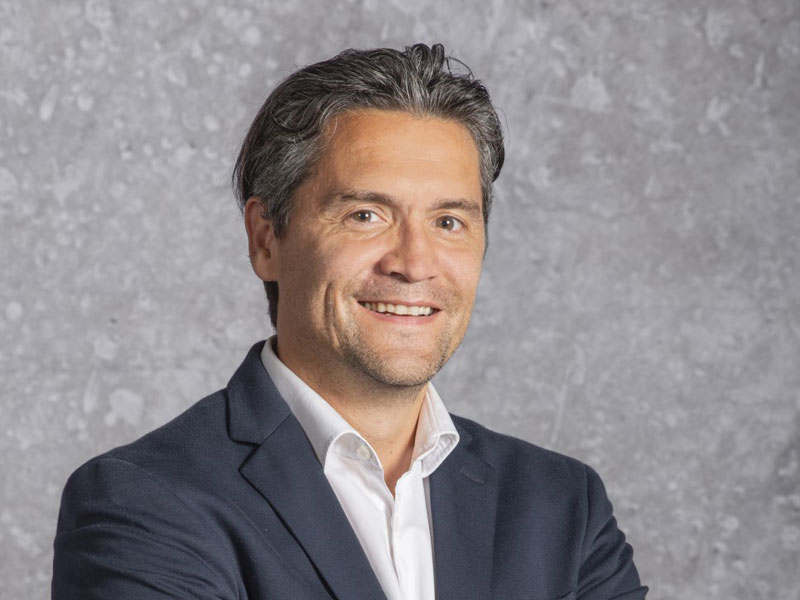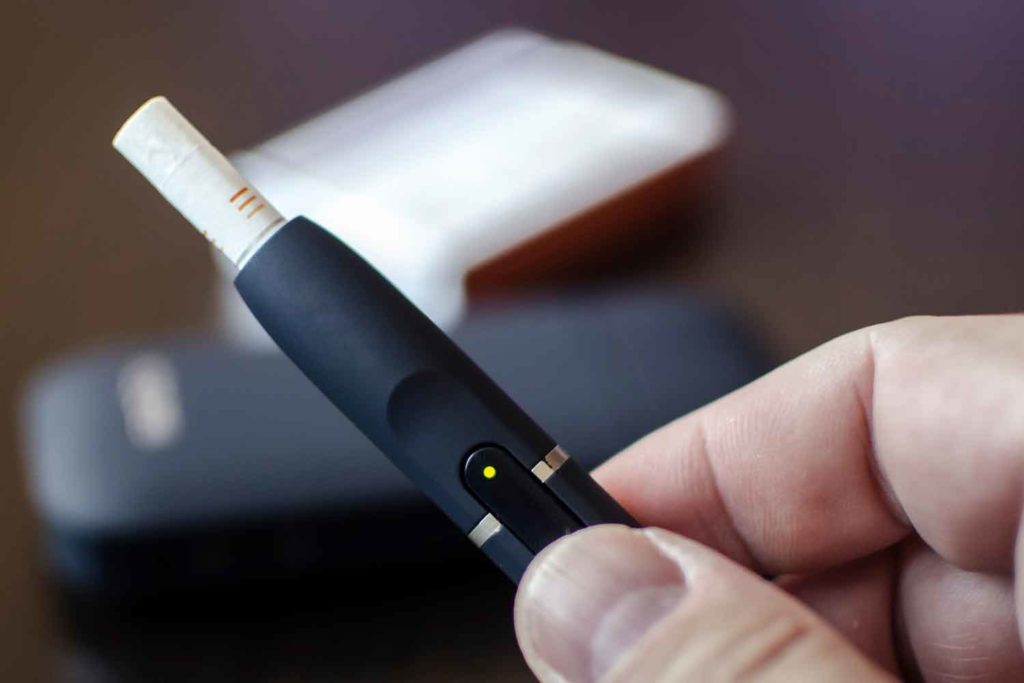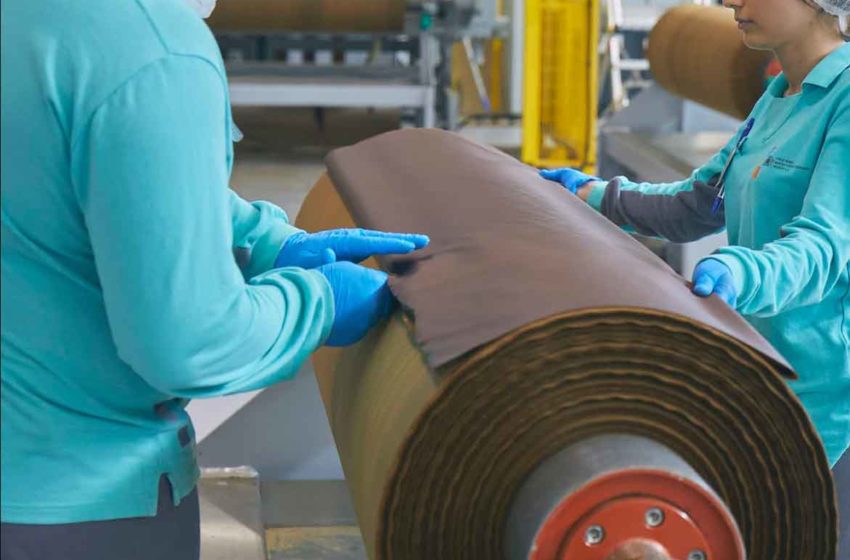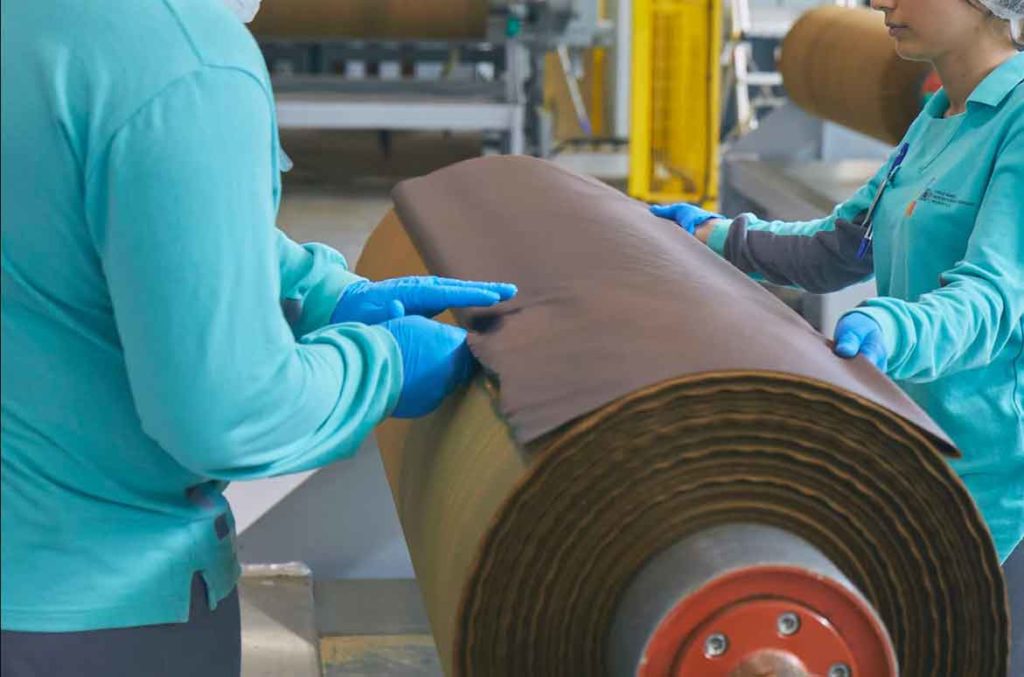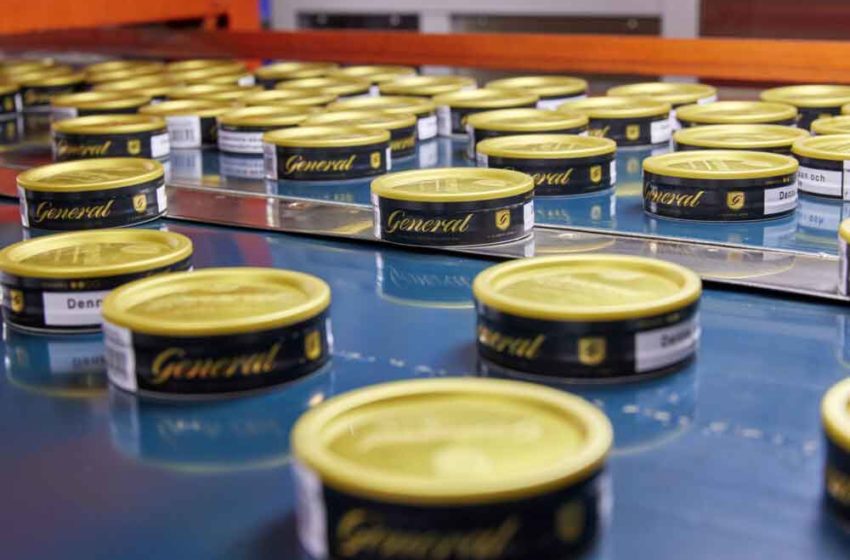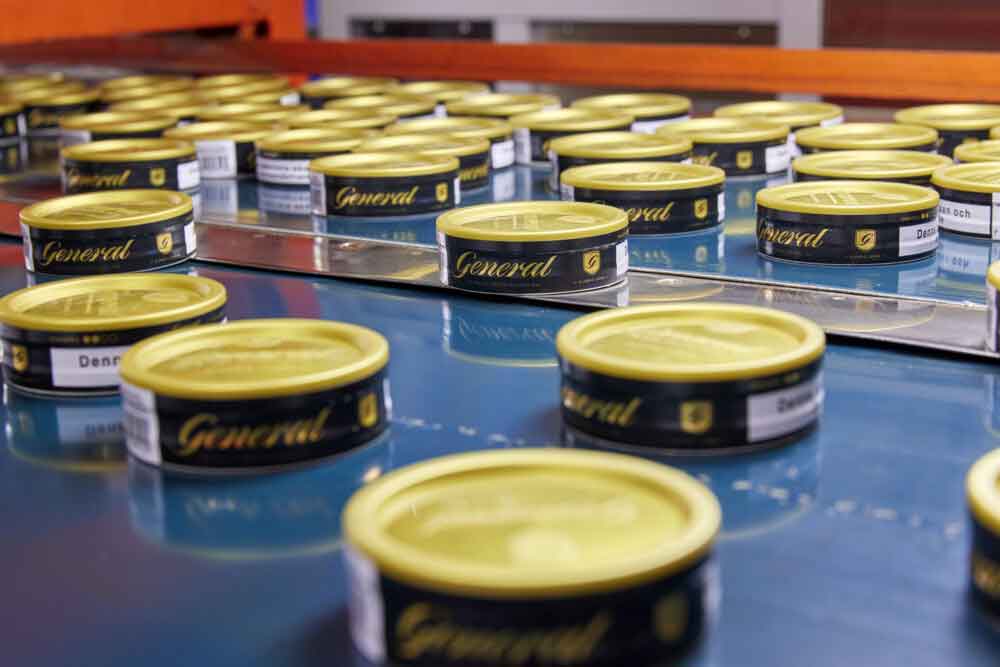
Philip Morris International will pay Altria Group approximately $2.7 billion for the exclusive U.S. commercialization rights to the IQOS tobacco-heating system effective April 20, 2024.
“We remain committed to creating long-term value through our vision,” said Altria CEO Billy Gifford in a statement. “We believe that this agreement provides us with fair compensation and greater flexibility to allocate resources toward ‘moving beyond smoking.’”
In 2013, Altria entered into a series of agreements with PMI related to innovative tobacco products, which included exclusive U.S. commercialization rights of Altria subsidiary Philip Morris USA to the IQOS system. PM USA’s commercialization rights were subject to an initial five-year term, which began when the system received authorization from the U.S. Food and Drug Administration in April 2019 and continued through April 2024.
As part of the 2013 agreement, PM USA had the right to maintain exclusive U.S. commercialization rights upon achieving an initial milestone by April 2022. Upon achieving additional milestones, PM USA had the option to renew for an additional five-year term through April 2029.
While Altria believed it achieved the required milestones, PMI disagreed. The parties were unable to reach a long-term agreement and decided to enter into the agreement to transition and ultimately conclude their relationship.
Altria received $1 billion from PMI upon entry into the agreement. Under the terms of the deal, PMI is obligated to make an additional payment of $1.7 billion (plus interest) by July 2023 for a total cash payment of approximately $2.7 billion (pre-tax). Altria expects to use the cash proceeds for several items, which may include investments in pursuit of its vision, debt repayment, share repurchases and general corporate purposes. Share repurchases, Altria said, depend on marketplace conditions and other factors and remain subject to the discretion of its board of directors.
Altria expects to record the $2.7 billion pre-tax transaction amount as a deferred gain on its consolidated balance sheet in the fourth quarter of 2022. This gain will be recognized in earnings when the company assigns its rights to the IQOS system.
IQOS and Marlboro HeatSticks are currently unavailable for sale in the U.S. due to orders imposed by the U.S. International Trade Commission that prohibit importation of IQOS and Marlboro HeatSticks into the U.S. relating to a patent dispute. PMI remains responsible for manufacturing the IQOS system and Marlboro HeatSticks and targets resumption of product supply in the first half of 2023. If supply of FDA-authorized product is available to Altria before May 2024, PM USA has the option to reintroduce the IQOS system and Marlboro HeatSticks for sale in the U.S. On April 30, 2024, U.S. commercialization rights to the IQOS system will transition to PMI. PMI will not have access to the Marlboro brand name or other brand assets, as PM USA owns the Marlboro trademark in the U.S.
In a press note announcing the IQOS transition, Altria said it remains committed to its vision to responsibly lead the transition of adult smokers to a smoke-free future. “We believe in a portfolio approach to tobacco harm reduction and expect to compete in the major smoke-free categories. We have reinvested into our internal product development system, and we expect to finalize designs for two smoke-free products, including a heated-tobacco product, by the end of 2022,” the company wrote.

“We are ready to invest behind IQOS to bring it to market at scale across the U.S., leveraging the proven capabilities of our outstanding commercial engine.”
Jacek Olczak, CEO, PMI
PMI, meanwhile, hailed the deal as a historic milestone in its journey toward a smoke-free future. “This agreement gives PMI full U.S. commercialization rights to IQOS within approximately 18 months and provides a clear path to fulfilling the product’s full potential in the world’s largest smoke-free market, leveraging PMI’s full strategic and financial commitment to IQOS’ success,” said PMI CEO Jacek Olczak in a statement. “The agreement also avoids what could have been an uncertain and protracted legal process that would have severely hindered the fast deployment of IQOS in the U.S.”
PMI views IQOS as a substantial growth opportunity in the U.S. smoke-free market, whose retail value represents around 60 percent of that for the rest of the world, excluding China. “The U.S. opportunity for IQOS is particularly significant given the clear demand from American adult smokers for credible smoke-free alternatives to cigarettes and the limited success to date of current offerings to fully switch adult smokers away from cigarettes. Furthermore, in the U.S., there are ample opportunities to build adult smoker awareness and understanding of smoke-free products, something that is particularly true for IQOS given its modified-risk tobacco product (MRTP) authorizations,” the company wrote in a press note.
“We are ready to invest behind IQOS to bring it to market at scale across the U.S., leveraging the proven capabilities of our outstanding commercial engine, which we will deploy domestically during the transition period to April 30, 2024,” said Olczak. “The route to market is clear given the well-established distribution and retail channels in the U.S., and we are well prepared to proceed autonomously to develop IQOS and the rest of our smoke-free portfolio should the offer for Swedish Match fail.”
PMI says it is already well advanced in its plans for the commercialization of IQOS in the U.S., as it prepares for domestic manufacturing, important regulatory submissions—including premarket tobacco product applications (PMTAs) for ILUMA in the second half of 2023—as well as the development of U.S. sales, distribution, retail, consumer engagement and support capabilities over the next 18 months.
“Our commercial plans include full-scale launches in key cities and regions with rapid progression to a national presence, and we believe that IQOS heat-not-burn products could account for around 10 percent of total U.S. cigarette and heated-tobacco unit volume by 2030,” said Olczak. “We estimate the industry profit pool for the U.S. at over $20 billion in 2021, underpinned by superior per-unit margin compared to PMI’s international market average. We see an accelerated path to profitability with an attractive payback period enhanced by the absence of a PMI domestic combustible tobacco business.”
Olczak said PMI looks forward to replicating its international success in switching adults who would otherwise continue to smoke to better alternatives. “According to 2022 U.S. Centers for Disease Control and Prevention (CDC) data, the U.S. is home to around 31 million adult smokers, and I believe that IQOS—the only inhalable smoke-free nicotine product to have received an MRTP authorization from the U.S. Food and Drug Administration and thus be recognized as appropriate for the [protection] of public health—can play a meaningful role in further reducing smoking rates,” he said.





